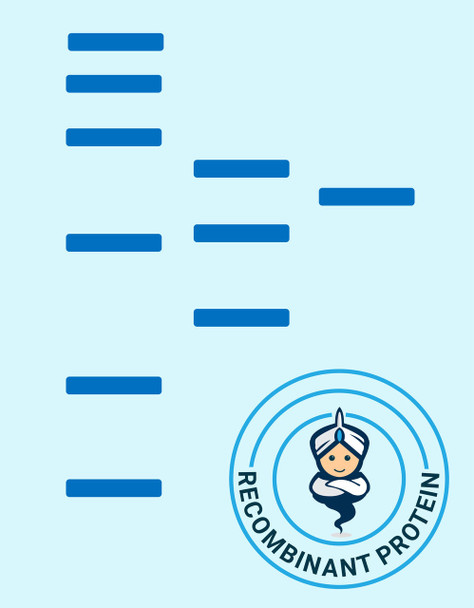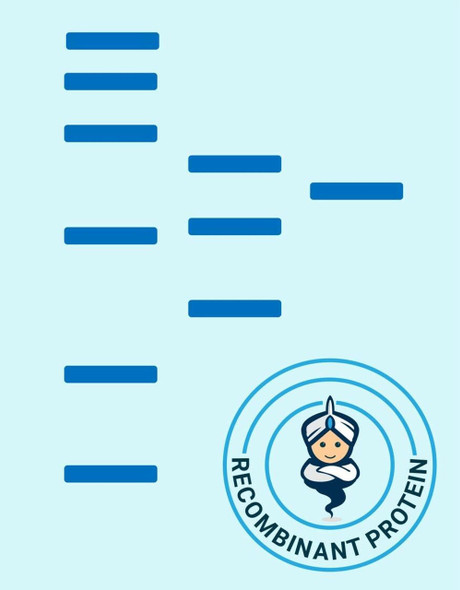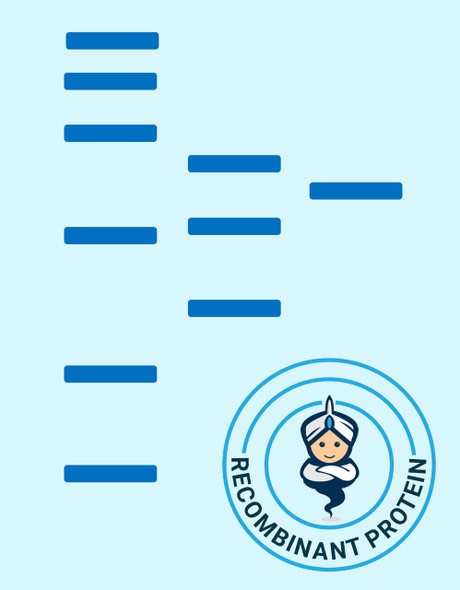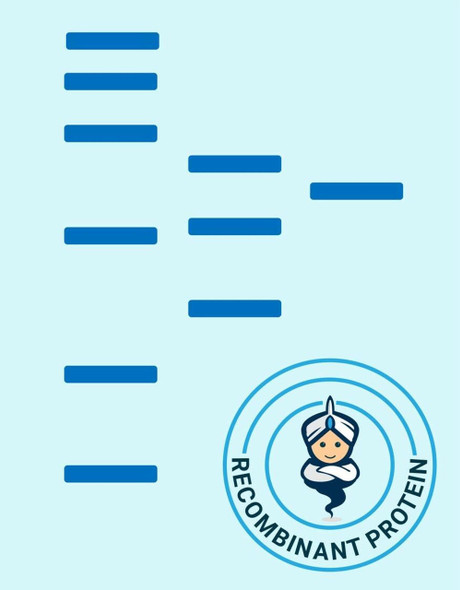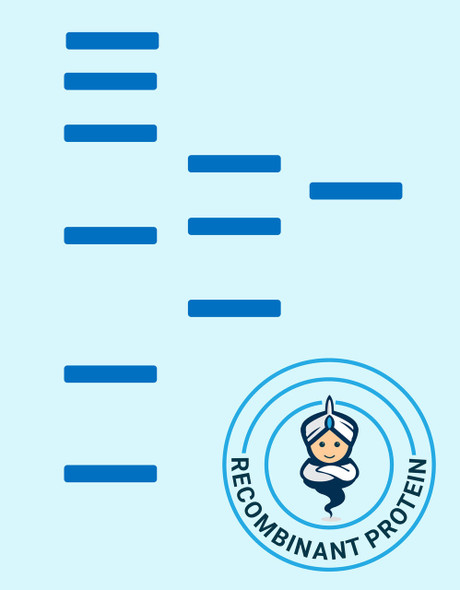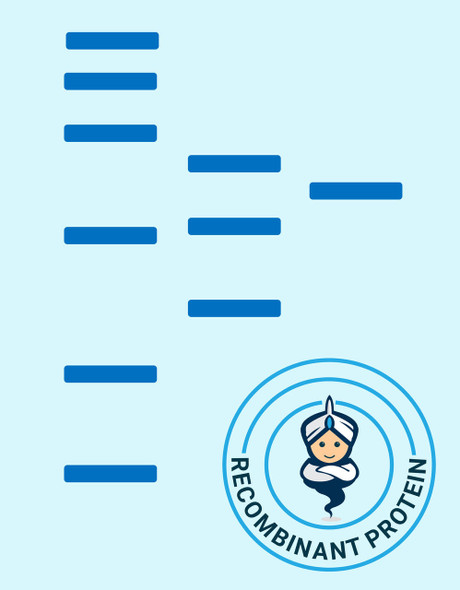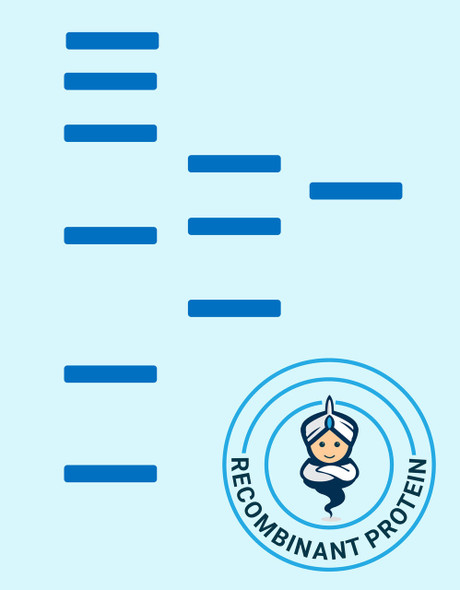Description
system_update_altDatasheet
| Product name | Human AGTR1 full length protein-synthetic nanodisc |
| Size: | 10ug |
| Product SKU: | HDFP079 |
| Product Category | Full Length Transmembrane Proteins |
| Target: | AGTR1 |
| Uniprot: | P30556 |
| Description: | Human AGTR1 full length protein-synthetic nanodisc |
| Molecular Weight: | The human full length AGTR1 protein has a MW of 40.9 kDa |
| Protein Family: | Druggable Genome, GPCR, Transmembrane |
| Protein Pathways: | Calcium signaling pathway, Neuroactive ligand-receptor interaction, Renin-angiotensin system, Vascular smooth muscle contraction |
| Storage & Shipping: | Store at -20°C to -80°C for 12 months in lyophilized form. After reconstitution, if not intended for use within a month, aliquot and store at -80°C (Avoid repeated freezing and thawing). Lyophilized proteins are shipped at ambient temperature. |
| Synonyms: | AG2S; AGTR1B; AT1; AT1AR; AT1B; AT1BR; AT1R; AT2R1; HAT1R |
| Expression System: | HEK293 |
| Formulation: | Lyophilized from nanodisc solubilization buffer (20 mM Tris-HCl, 150 mM NaCl, pH 8.0). Normally 5% - 8% trehalose is added as protectants before lyophilization. Please see Certificate of Analysis for specific instructions. |
| Background: | Angiotensin II is a potent vasopressor hormone and a primary regulator of aldosterone secretion. It is an important effector controlling blood pressure and volume in the cardiovascular system. It acts through at least two types of receptors. This gene encodes the type 1 receptor which is thought to mediate the major cardiovascular effects of angiotensin II. This gene may play a role in the generation of reperfusion arrhythmias following restoration of blood flow to ischemic or infarcted myocardium. It was previously thought that a related gene, denoted as AGTR1B, existed; however, it is now believed that there is only one type 1 receptor gene in humans. Alternative splicing of this gene results in multiple transcript variants. [provided by RefSeq, Aug 2020] |
| Delivery: | 3-4 weeks |
| Usage | Research use only |

